- OVERVIEW
- PROGRAM EDUCATIONAL OBJECTIVES (PEO)
- PROGRAM OUTCOMES (PO)
- ENTRY REQUIREMENTS
- CAREER OPPORTUNITIES
- FEE
- ADDITIONAL INFO
- HEAD OF PROGRAMME
UMPSA is glad to collaborate with TJU in offering a dual-degree program of 2+2, where students will spend 2 years in UMPSA and 2 years in TJU. Completing required credits on both sides, students will be awarded two scrolls: B. Eng. (Hons.) Chemical Engineering from UMPSA and Bachelor of Engineering in Chemical Engineering and Technology from TJU. By joining this dual degree program, students will have the opportunity to learn Mandarin and experience diverse cultures, exposing them to excellent world-class research technology and infrastructure and also different learning environments that could improve communication skills.
|
PEO1 |
Graduates are competent, practice professionalism and accomplish advanced standing in chemical or related engineering fields. |
|
PEO2 |
Graduates continue to acquire knowledge in technical and non-technical areas in pursuit of life-long learning. |
|
PEO3 |
Graduates demonstrate commitment to the community and the profession, holding responsible positions that contribute to the well-being of the society and sustainable development. |
-
PO1 Engineering Knowledge: Apply knowledge of mathematics, natural science, engineering fundamentals and an engineering specialisation as specified in WK1 to WK4 respectively to the solution of complex chemical engineering problems.
- PO2 Problem analysis: Identify, formulate, conduct research literature and analyse complex chemical engineering problems reaching substantiated conclusions using first principles of mathematics, natural sciences and engineering sciences (WK1 to WK4).
- PO3 Design/Development of solutions: Design solutions for complex chemical engineering problems and design systems, components or processes that meet specified needs with appropriate consideration for public health and safety, cultural, societal, and environmental considerations (WK5).
- PO4 Investigation: Conduct investigation of complex chemical engineering problems using research-based knowledge (WK8) and research methods including design of experiments, analysis and interpretation of data, and synthesis of information to provide valid conclusions.
- PO5 Modern Tool Usage: Create, select and apply appropriate techniques, resources, and modern engineering and IT tools, including prediction and modelling, to complex chemical engineering problems, with an understanding of the limitations (WK6).
- PO6 The Engineer and Society: Apply reasoning informed by contextual knowledge to assess societal, health, safety, legal and cultural issues and the consequent responsibilities relevant to professional engineering practice and solutions to complex chemical engineering problems (WK7).
- PO7 Environment and Sustainability: Understand and evaluate the sustainability and impact of professional engineering work in the solutions of complex chemical engineering problems in societal and environmental contexts. (WK7).
- PO8 Ethics: Apply ethical principles and commit to professional ethics and responsibilities and norms of engineering practice (WK7).
- PO9 Individual and Teamwork: Function effectively as an individual, and as a member or leader in diverse teams and in multi-disciplinary settings.
- PO10 Communications: Communicate effectively on complex chemical engineering activities with the engineering community and with society at large, such as being able to comprehend and write effective reports and design documentation, make effective presentations, and give and receive clear instructions.
- PO11 Project Management and Finance: Demonstrate knowledge and understanding of engineering management principles and economic decision making and apply these to one’s own work, as a member and leader in a team, to manage projects in multidisciplinary environments.
-
PO12 Lifelong Learning: Recognise the need for, and have the preparation and ability to engage in independent and life-long learning in the broadest context of technological change.

➢ Chemical Engineer
➢ Process Control Engineer
➢ Plant Engineer
➢ Production/ Process/ Operation Engineer
➢ Safety Engineer
➢ Environmental Engineer
➢ Quality Assurance Engineer
There is a greater chance of working in China.
About MYR 116,000 in total (including living expenses, hostel, & flight ticket).
- The students must complete all the credits required in the first two years of study according to the curriculum structure.
- The students must satisfy the average >80% at the end of Semester 3 (~CCGPA = 3.2) OR rank among the top 50% in the BKC program.
- The students must satisfy the minimum English language proficiency requirements for acceptance : TOEFL-IBT (80 points or higher) OR IELTS (6.0 points or higher)
- The students must complete all the Chinese language courses arranged by UMPSA to pass HSK 3 before going to TJU and pass HSK4 before graduation. An additional screening process through formal interviews by TJU may be required when necessary.


